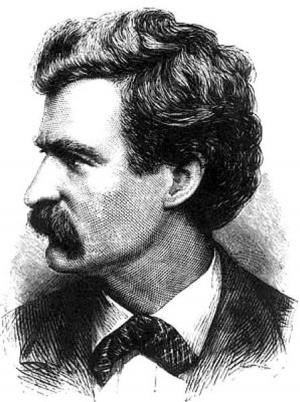Invention: The Master-key to Progress
Nonfiction, Religion & Spirituality, New Age, History, Fiction & Literature| Author: | Rear-Admiral Bradley Allen Fiske | ISBN: | 9781465588487 |
| Publisher: | Library of Alexandria | Publication: | March 8, 2015 |
| Imprint: | Language: | English |
| Author: | Rear-Admiral Bradley Allen Fiske |
| ISBN: | 9781465588487 |
| Publisher: | Library of Alexandria |
| Publication: | March 8, 2015 |
| Imprint: | |
| Language: | English |
Our original ancestors dwelt in caves and wildernesses; had no sewed or fabricated clothing of any kind; subsisted on roots and nuts and berries; possessed no arts of any sort; were ignorant to a degree that we cannot imagine, and were little above the brutes in their mode of living. Today, a considerable fraction of the people who dwell upon the earth enjoy a civilization so fine that it seems to have no connection with the brutish conditions of primeval life. Yet, as these pages show, a perfectly plain series of inventions can be seen, starting from the old conditions and building up the new. The progress of man during the countless ages of prehistoric times is hidden from our knowledge, except in so far as it has been revealed to us by ruins of ancient cities, by prehistoric utensils of many kinds, and by inscriptions carved on monuments and tablets. The sharp dividing line between prehistoric times and historic times, seems to be that made by the art of writing; for this epochal invention rendered possible the recording of events, and the consequent beginning of history. Of prehistoric times we have, of course, no written record; and we have but the most general means of estimating how many millenniums ago man first had his being. Geological considerations indicate a beginning so indefinitely and exceedingly remote that the imagination may lose itself in speculations as to his mode of living during those forever-hidden centuries that dragged along, before man had advanced so far in his progress toward civilization as to make and use the rude utensils which the researches of antiquarians have revealed. Inasmuch as the most important employment of man from his first breath until his last has always been the struggle to preserve his life; inasmuch as the endeavor of primeval man to defend himself against wild beasts must have been extremely bitter (for many were larger and stronger than he), and inasmuch as man eventually achieved the mastery over them, one seems forced to conclude that man overcame wild beasts by employing some means to assist his bodily strength, and that probably his first invention was a weapon.
Our original ancestors dwelt in caves and wildernesses; had no sewed or fabricated clothing of any kind; subsisted on roots and nuts and berries; possessed no arts of any sort; were ignorant to a degree that we cannot imagine, and were little above the brutes in their mode of living. Today, a considerable fraction of the people who dwell upon the earth enjoy a civilization so fine that it seems to have no connection with the brutish conditions of primeval life. Yet, as these pages show, a perfectly plain series of inventions can be seen, starting from the old conditions and building up the new. The progress of man during the countless ages of prehistoric times is hidden from our knowledge, except in so far as it has been revealed to us by ruins of ancient cities, by prehistoric utensils of many kinds, and by inscriptions carved on monuments and tablets. The sharp dividing line between prehistoric times and historic times, seems to be that made by the art of writing; for this epochal invention rendered possible the recording of events, and the consequent beginning of history. Of prehistoric times we have, of course, no written record; and we have but the most general means of estimating how many millenniums ago man first had his being. Geological considerations indicate a beginning so indefinitely and exceedingly remote that the imagination may lose itself in speculations as to his mode of living during those forever-hidden centuries that dragged along, before man had advanced so far in his progress toward civilization as to make and use the rude utensils which the researches of antiquarians have revealed. Inasmuch as the most important employment of man from his first breath until his last has always been the struggle to preserve his life; inasmuch as the endeavor of primeval man to defend himself against wild beasts must have been extremely bitter (for many were larger and stronger than he), and inasmuch as man eventually achieved the mastery over them, one seems forced to conclude that man overcame wild beasts by employing some means to assist his bodily strength, and that probably his first invention was a weapon.















